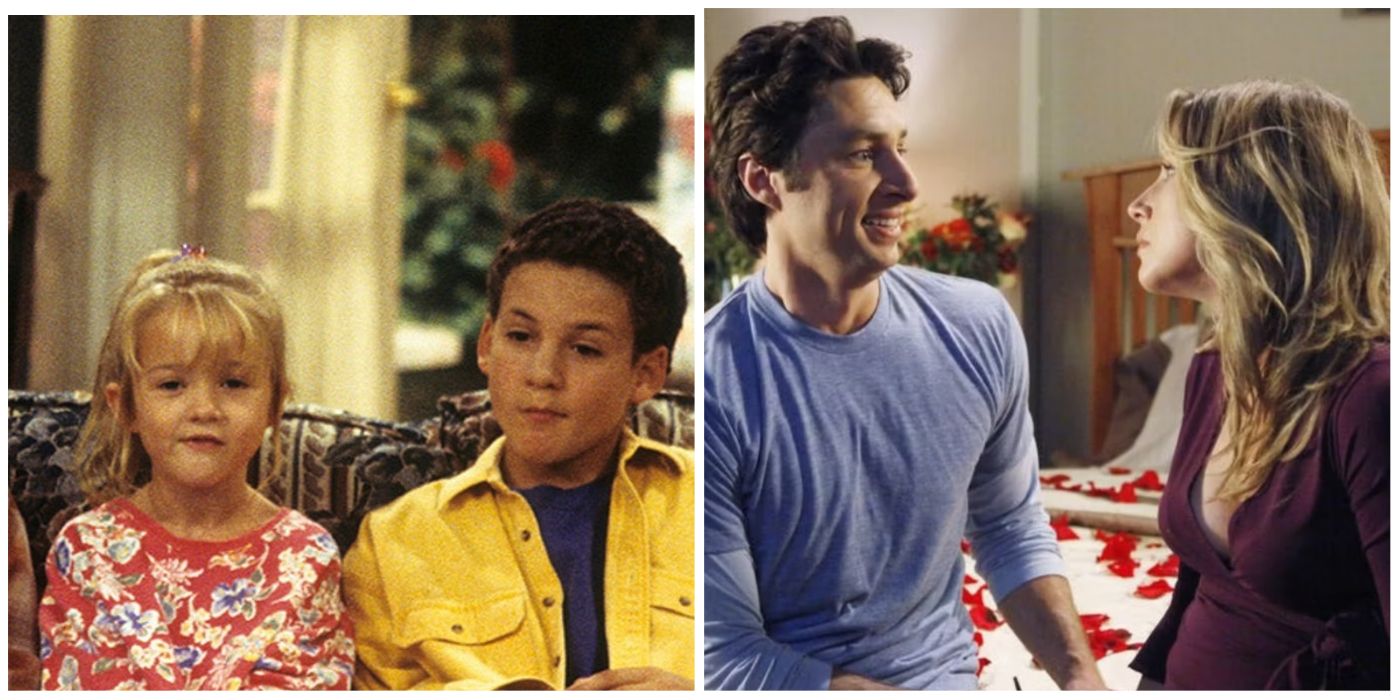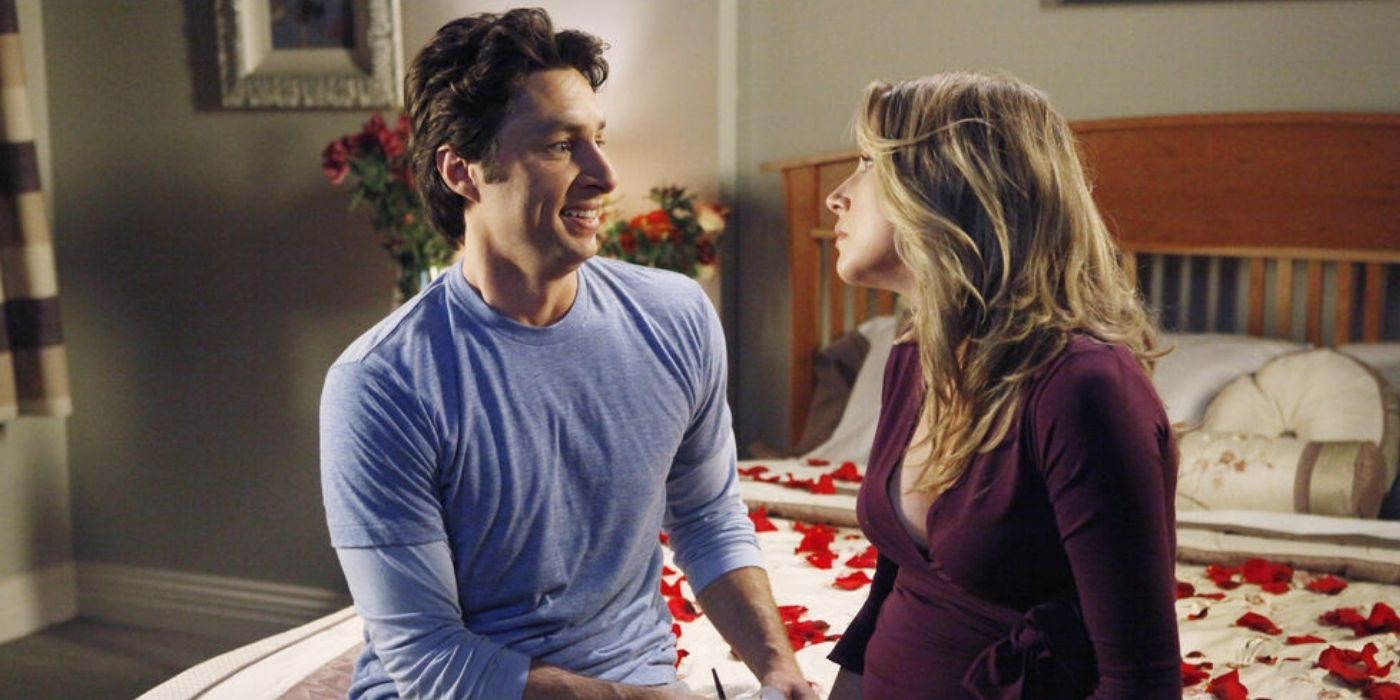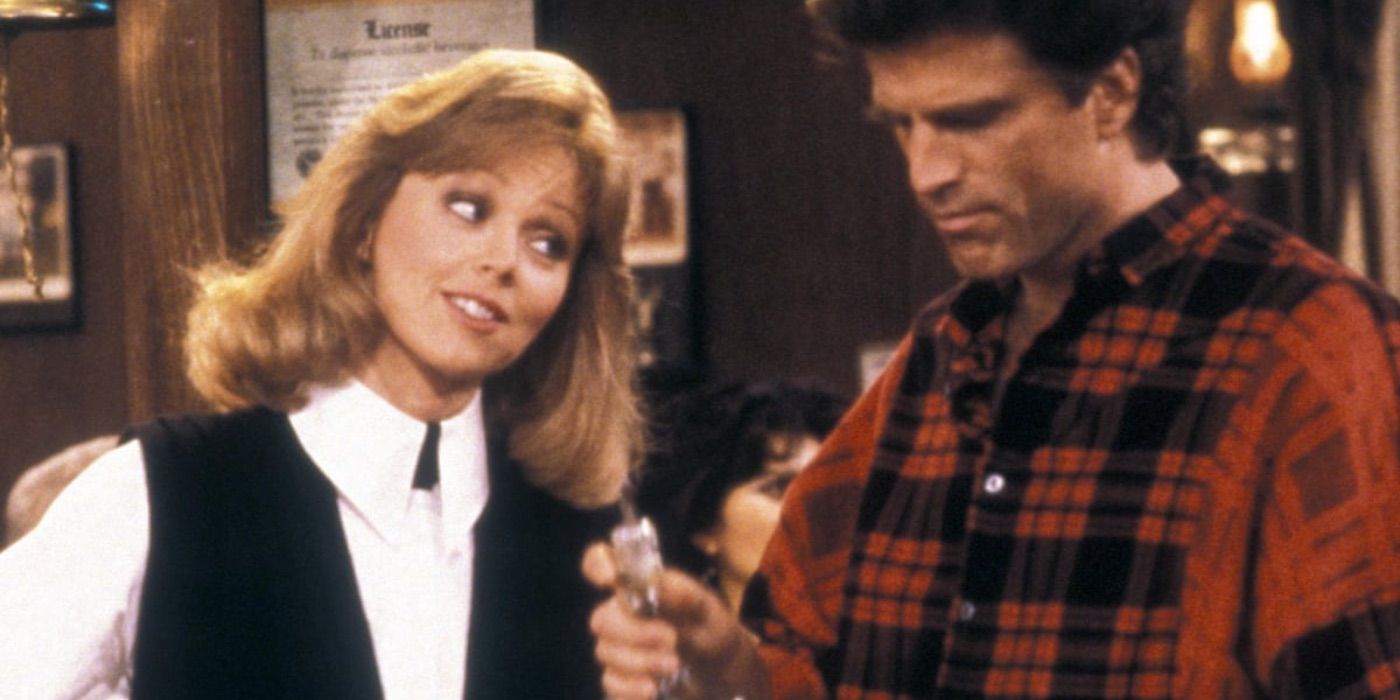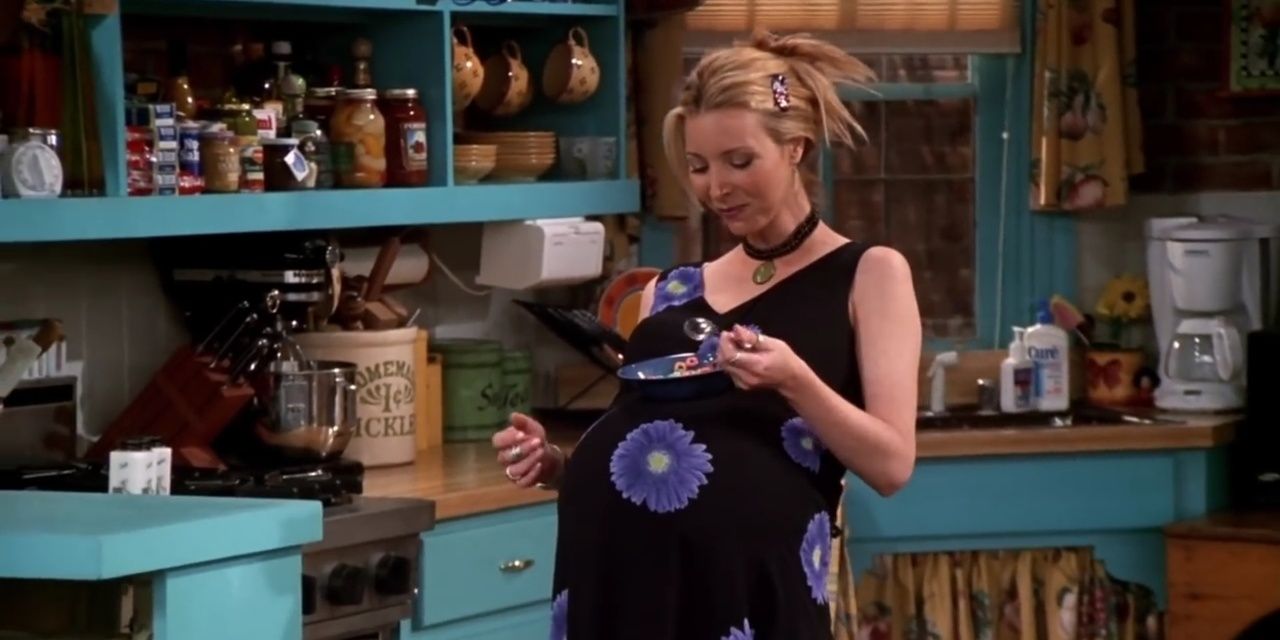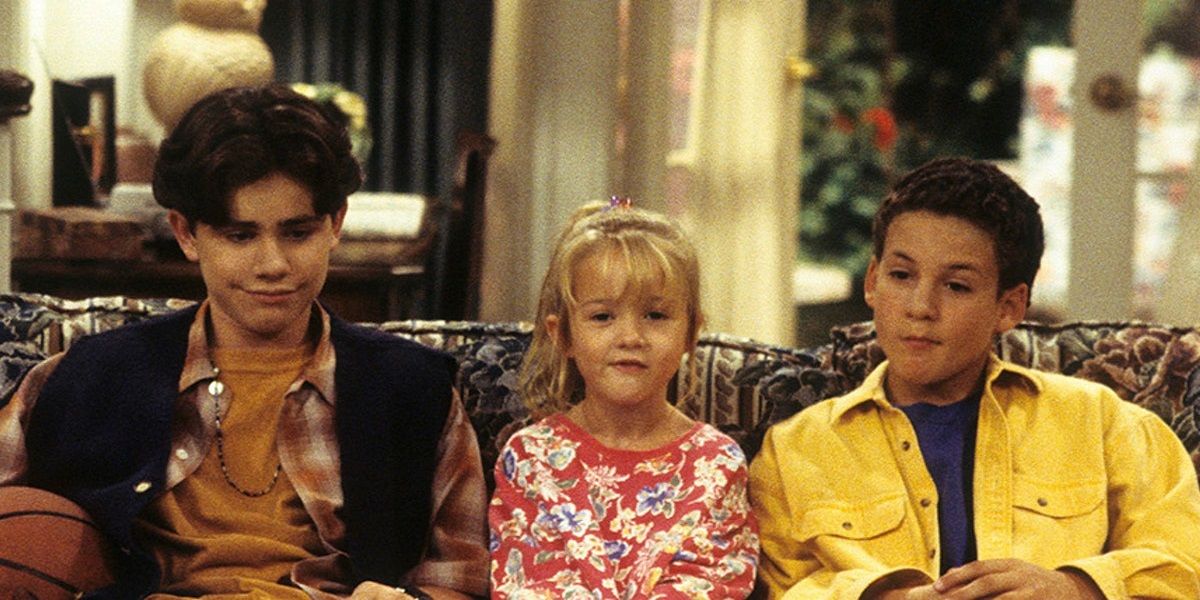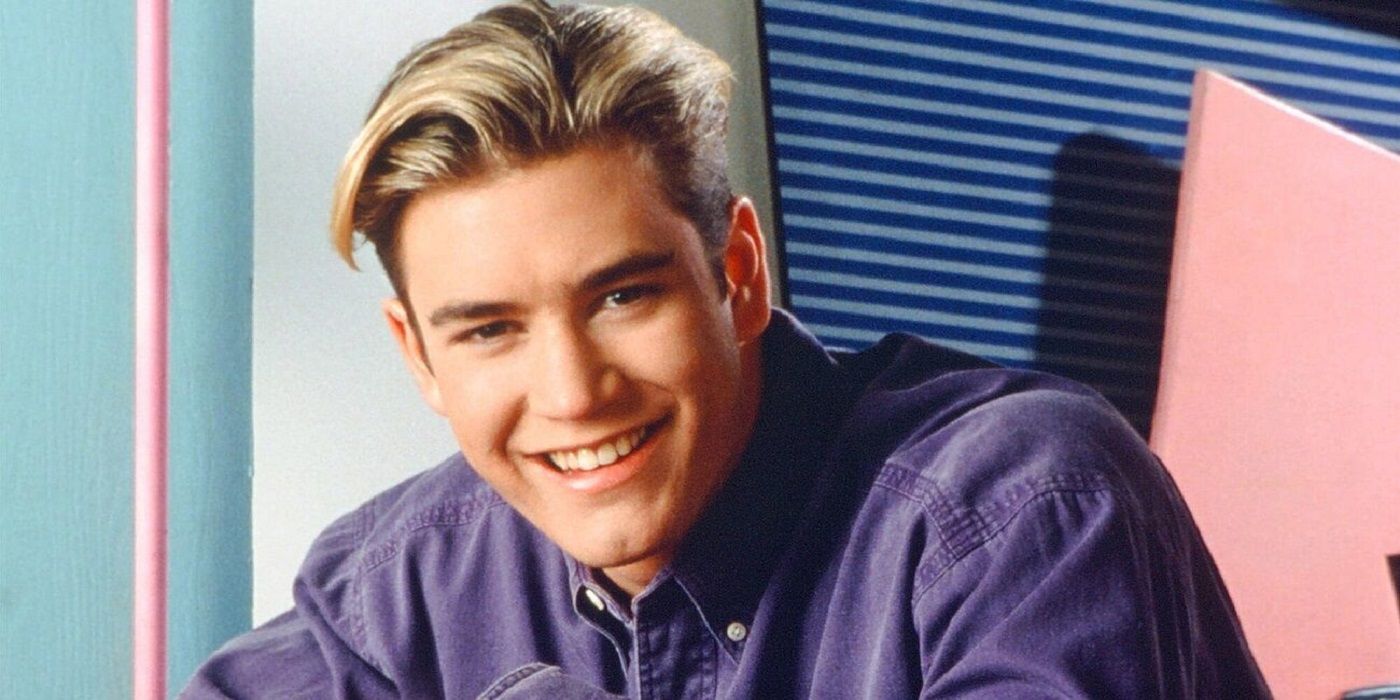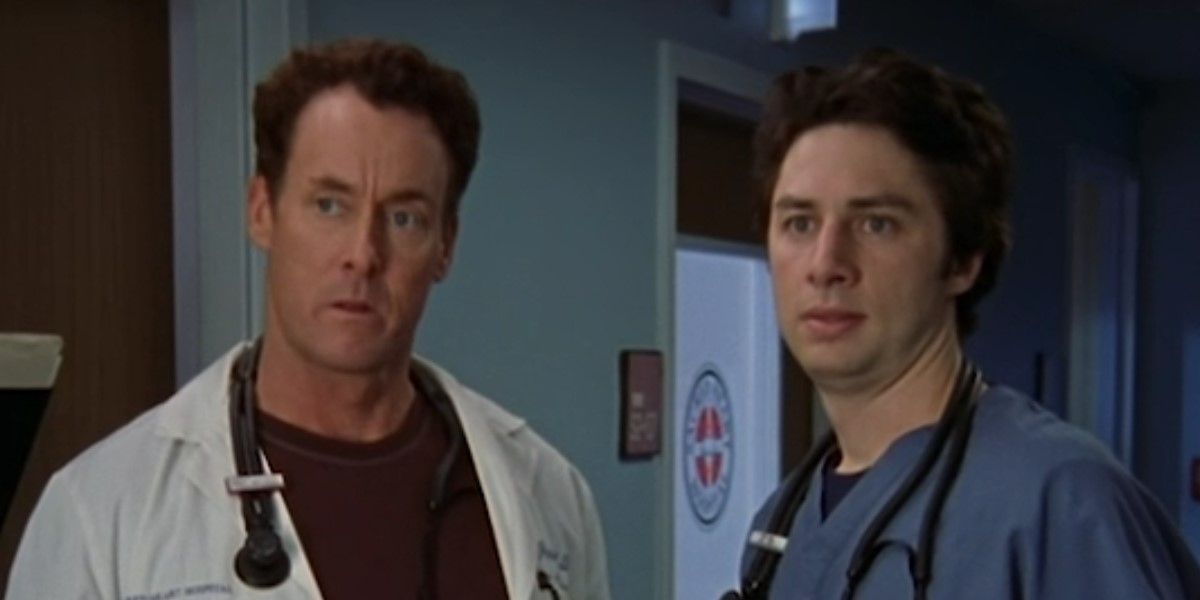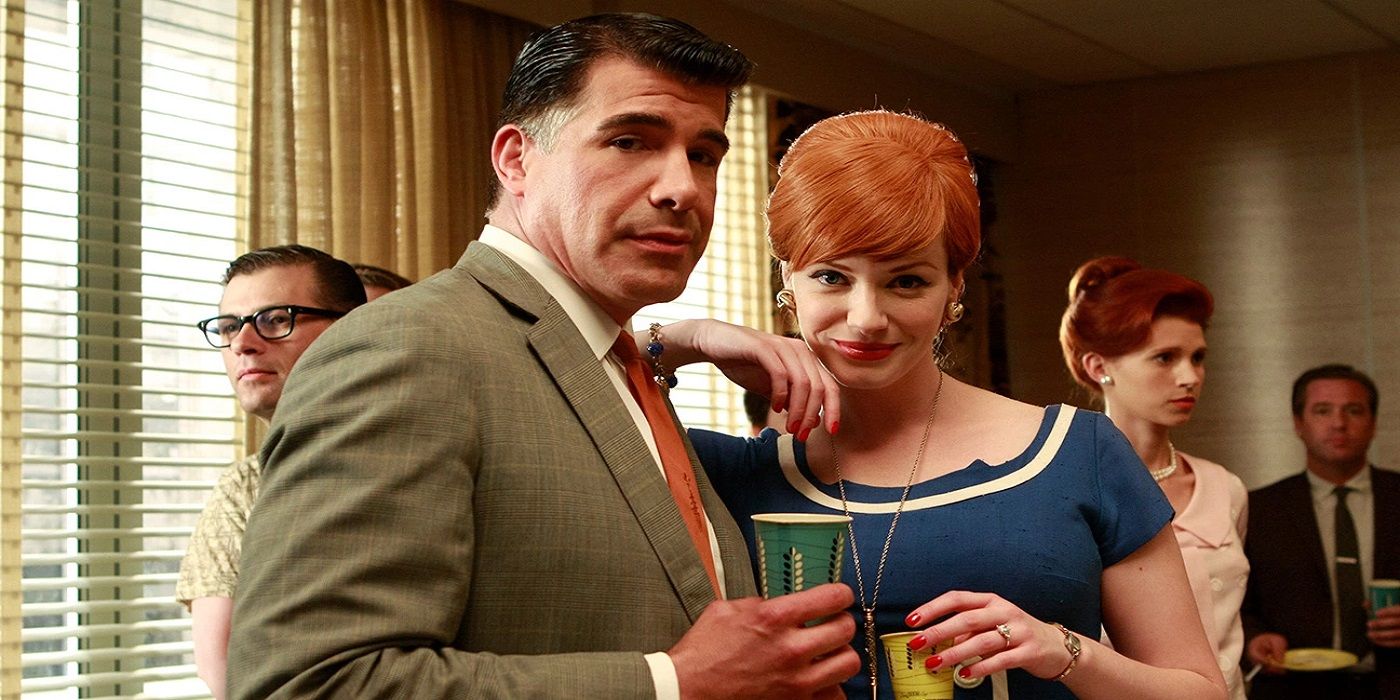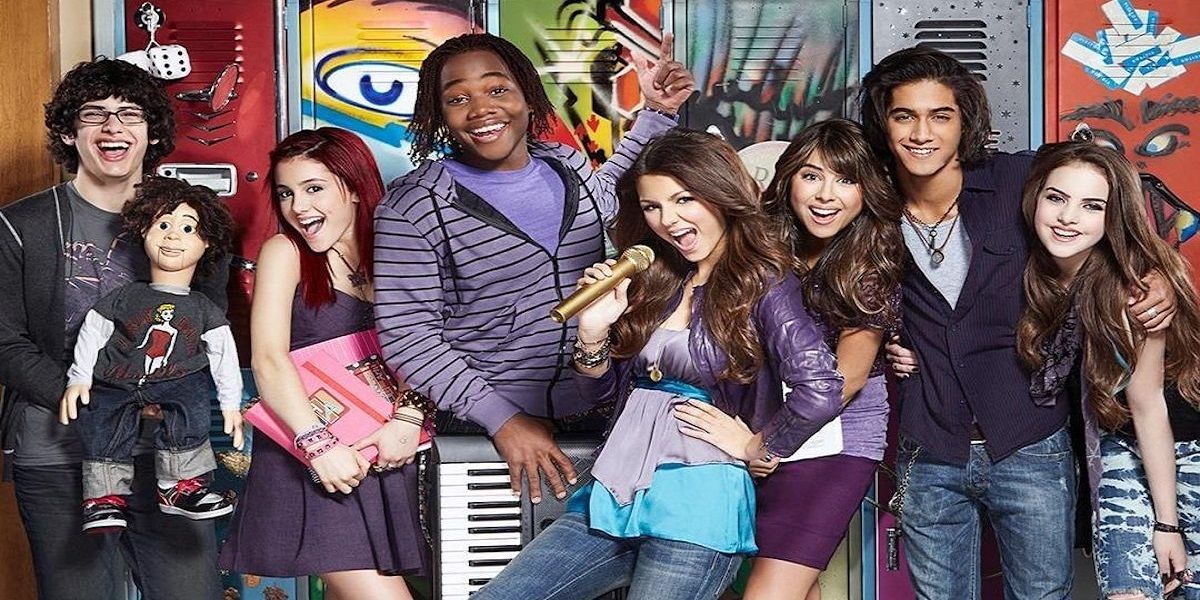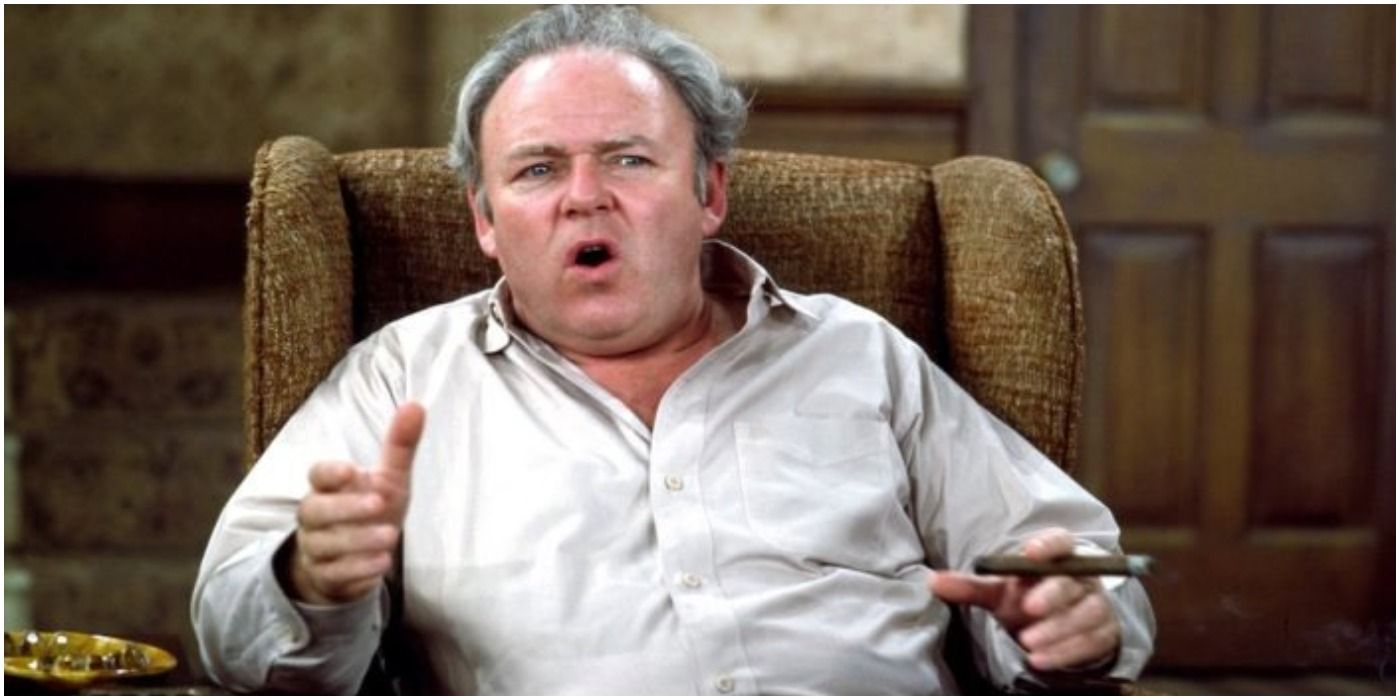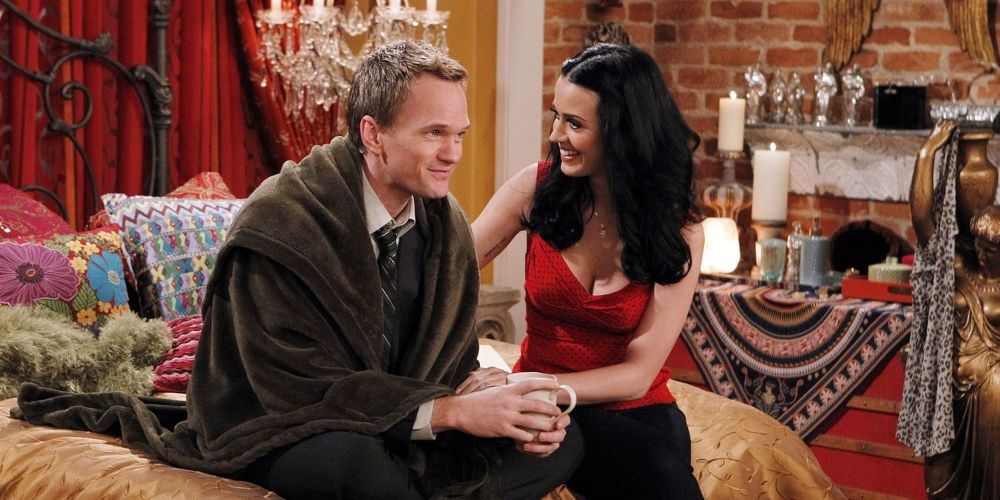Watch enough television, and over time certain storytelling tropes begin to stick out. The idea of tropes has been around for far longer than television, though, dating back to classic literature and plays. Still, not all tropes are bad – in general, tropes are necessary to tell a story, even if they're avoided or subverted to play with the viewer's expectations.
But while tropes are necessary to tell a story, some are overused in television. At best, their presence doesn't improve the show viewers are watching, and the series would be better off without it. At worst, too many tiresome tropes can make a show worse, either because fans are tired of seeing them or because they've become offensive for the modern era.
10 Will They Or Won't They Makes Characters At The Center Unlikable
"Will They Or Won't They" is the backbone of romantic comedies, and generally the core story of even some of the best sitcom series. Take two lead characters who the audience just "knows" should be together and put a ton of obstacles in the way of them finally dating. It's a logical conflict that writers can come up with all sorts of ways to push forward.
But all too often, the characters become unbearable in how they're ruining other people's lives just because the writers don't want to resolve the overall conflict. How many hearts did Elliot from Scrubs or Ted from HIMYM break to hook back up with their "chosen one"? Some fans overlook it because they're the "protagonists," while for others, this can be show-ruining.
9 I Can Change My Beloved Presents Unrealistic Expectations For A Relationship
This trope is a case of art reflecting real life, with people often trying to force their partners to be different. This is often reflected in female characters trying to alter male characters, changing them from their "bad boy" persona into a good partner, but it rears its head from both angles.
A classic example is Cheers, where both Sam and Diane are constantly trying to change one another. There's nothing wrong with self-improving or taking an interest in something the partner does, but it's a problem when the change is forced. This also presents unfair expectations for relationships, as people don't just "change" because their partner wants them to.
8 Friends Rent Control Stretches The Believability Of A Series
Though it's one of the lesser seen tropes, "Friends" Rent Control is standard within most sitcoms. The trope is named after the popular sitcom Friends, where Monica stays in an apartment that would've cost several thousands of dollars. Instead, the show handwaves the question by claiming she has "rent control" and only pays $200 a month.
Shows often feature elaborate sets because the places characters might actually live in, given their careers, would be a nightmare to film in. Still, this trope often stretches believability a bit, not to mention creates entirely unrealistic ideas of what a twentysomething's life in a major city would look like.
7 Chuck Cunningham Syndrome Causes Writers To Retcon A Character's Existence
Chuck Cunningham Syndrome is a reference to sitcoms that retcon entire characters from a series. Their absence isn't explained, and their existence isn't even mentioned by other characters anymore. The name comes from Happy Days, where Richie's older brother Chuck was written out of the show after the first two seasons.
This often happens when the writers realize a specific character doesn't serve a purpose in their ongoing narrative, but it can feel jarring to a viewer. One day Boy Meets World fans are looking at Cory's younger sister Morgan or Family Matters fans see Judy getting along with Laura and Eddie; the next, they're gone. This unwillingness to at least address the disappearance can feel like bad writing, even when a series like Boy Meets World has plenty of episodes that aged well.
6 Breaking The Fourth Wall Can Lead To Bad Writing For Less Careful Writers
The idea of breaking the fourth wall isn't new, to be sure. But what is new are shows making that a primary form of humor, and characters who make breaking the fourth wall into their personality. While this is a harmless trope on its own, overuse has turned it into a problem. Breaking the Fourth Wall is common in films, sitcoms, and even anime.
It's not clever to have characters constantly pointing out flaws in a series' writing instead of just fixing those flaws. And even worse, how many people want to be continuously reminded that they're watching a show rather than being allowed to enjoy it?
5 Jerk With A Heart Of Gold Emphasizes The Idea Of Competence Over Compassion
This character archetype has been around in television for years, but it became most common in the 2000s. After that, people started to love characters like House and Dr. Cox from Scrubs, who were mean to everyone but were so good at their jobs that the other characters just let it go.
And because they were so clearly passionate about what they loved, viewers are expected to love these characters as well. But in a world where people forget what it means to be kind, this sort of character isn't as entertaining anymore. These days, it's more refreshing to show characters who know what it means to be kind, like Ted Lasso.
4 Gayngst Locks Queer Characters Into The Same Hopeless Storytelling
Gayngst is an example of what happens when there's not enough diversity in the writers' room. Well-meaning cishet writers start to write gay characters, and the first thing that comes to mind is how terrible it must be to be queer. And while it's true that the LGBT+ community faces a lot of challenges, it's not true that their lives are only ever terrible.
And when shows focus on nothing more than the pain of being in the closet or wanting to be accepted by a bigoted family, it leaves out many other potential stories. Worse, this trope can reinforce negative feelings that LGBT people might be dealing with in real life rather than showing gay people who are happy.
3 Token Black Friend Often Reduces A Show's Black Character To A Stereotype
During the '90s and 2000s, many shows with a primarily white cast fell into this trope. They wanted to be inclusive, so they added a black character to the cast. Unfortunately, these characters often had no story of their own, and existed primarily to help the other cast members with their problems.
When this happens, the show can also fall into the hole of having the black character behave stereotypically, resulting in a "sassy" black friend or one that "keeps it real." Even otherwise great shows can fall into this hole, especially when the black character is known for being the comic relief.
2 The Noble Bigot Trope Still Makes Bigots Out To Be Potential Good Guys
This trope dates back ages, but was especially popularized with Archie Bunker in the television series All in the Family. The idea is to show a character who's got some reprehensible views, but ultimately they're capable of growth because there are some lines they won't cross. These tend to find their way into fantasy and sci-fi shows lately, so the race the character hates can be fictional.
Still, that doesn't stop Daryl Dixon from The Walking Dead from using offensive phrases to refer to Asian characters. With society in the shape it's in now, the idea that bigots can still be "the good guys" probably isn't something shows should aim for anymore.
1 All Men Are Perverts Reinforces Some Men's Harmful Behaviors
All Men Are Perverts is the idea that men can't help thinking sexually. This is a holdover of toxic masculinity, and it's found in just about any sitcom from the '90s. In these shows, men who are capable of exercising self-control aren't seen as usual, but instead weird and outside the norm.
In older series, they might even be thought of as gay, which makes this trope even more offensive. While many tropes should either be applied more thoughtfully or used a bit more sparingly, this trope only reinforces harmful behavior by men that women have to confront the repercussions of daily, and should be abandoned entirely.

